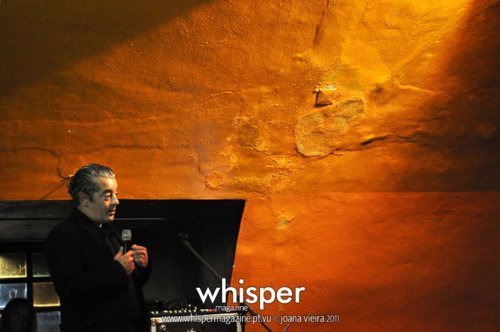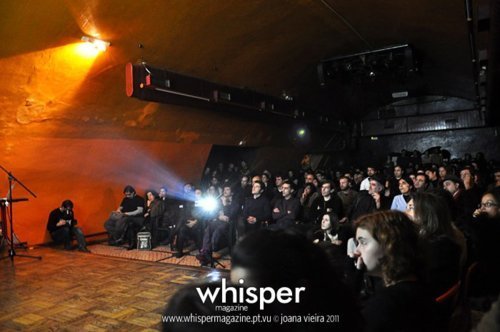Bundlr wasn’t intended to be a journalism tool but journalists can take advantage of its features for their everyday work. Besides gathering different social media and online contents like photos, videos and tweets to present in a single page, it can be used privately for research and brainstorming to write articles.
— New curation tool Bundlr sets sights on ‘untangling the web’
Tags: bundlr, journalism

